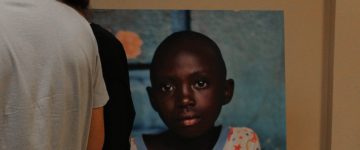About

The project studies economic and racial/ethnic inequality by analyzing the determinants of individuals’ willingness to redistribute in favor of disadvantaged people. Through a multi-disciplinary, quali-quantitative approach, the project tests the effectiveness of measures centered on the role of identity aimed at improving the attitude towards redistribution and, as such, at reducing inequality.
The scope of the project embraces economic, psychological and sociological perspectives on the perception of inequality, and grounds on multifaceted approaches and literature about redistribution and identity. Given that humans belong to multiple groups, their identification with a specific group depends on which social partition is salient and, as such, can change depending on how identity is framed and described.
The project explores identity in its aspects that are context-dependent or that can be primed, in order to seek how to build an inclusive identity fostering a stronger inequality aversion. This objective is pursued through a rigorous methodology based on survey experiments, which involve a large sample of Italian respondents, representative of the general Italian population.
A key activity is represented by workshops run in a high-school in Milano. Due to their heterogeneous and often multi-ethnic background, young students represent a key stakeholder for the project. We believe that the construction of an inclusive identity embracing both natives and immigrants could be a promising path to change not only how disadvantaged people are perceived, but also how disadvantaged people perceive themselves and their opportunities to live a better future.